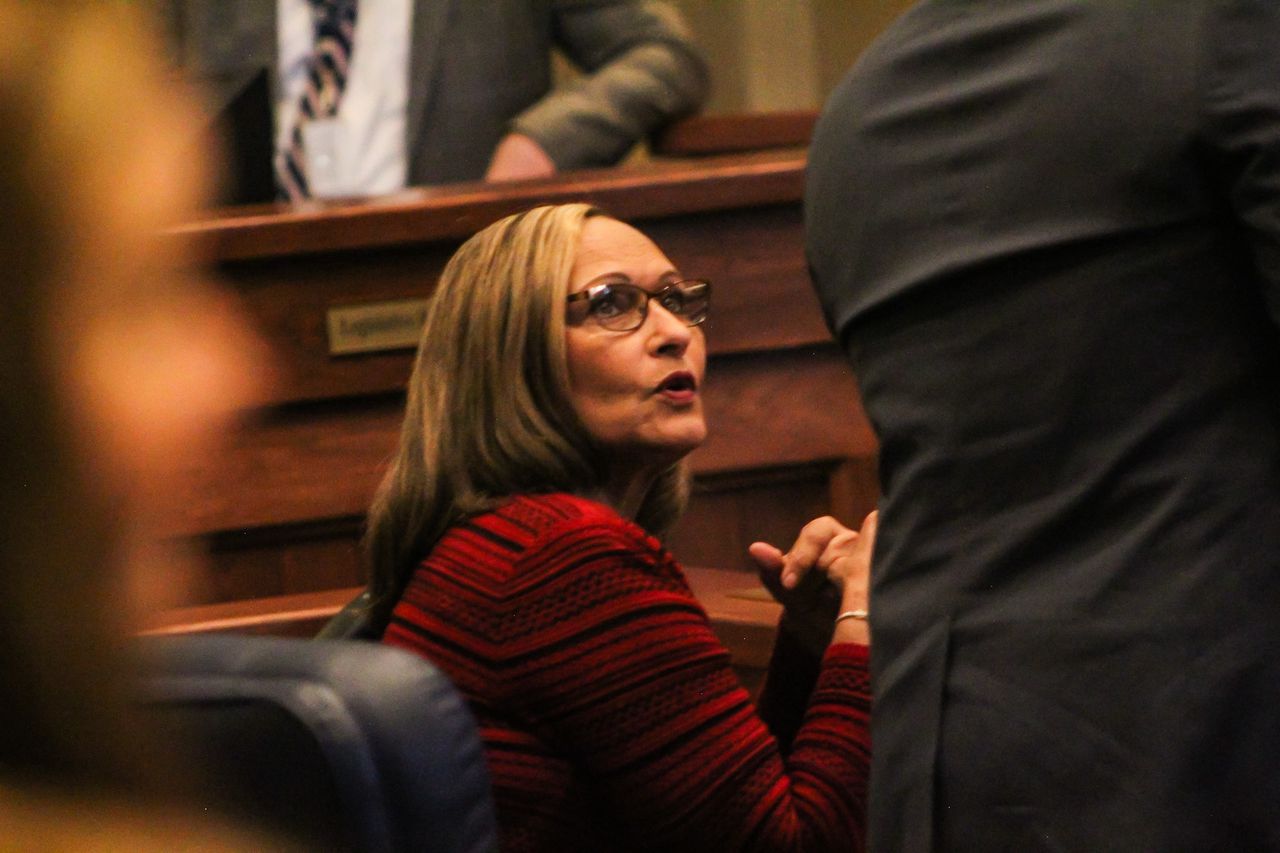Alabama lawmaker files bills to overturn state’s strict abortion ban
As the Alabama legislature kicks off its 2023 session, Sen. Vivian Davis Figures, a Democrat from Mobile, has filed two bills that could expand abortion protections in Alabama.
One bill, SB 34, would repeal the state’s Human Life Protection Act, passed in 2019, which bans almost all abortions conducted in Alabama. Another, SB 35, creates specific protections for abortions conducted after rape or incest.
Alabama’s current law bans almost all procedures; it allows abortions only when they are conducted to save the life of the mother.
On Monday, House Minority Leader Anthony Daniels said the state Democractic party saw repealing the 2019 law as a priority.
What is the Human Life Protection Act?
When Alabama’s law passed, it was the strictest anti-abortion law in the country, but a federal judge placed an injunction on it based on the right to abortion granted in the 1973 U.S. Supreme Court case Roe vs. Wade.
On June 24, 2022, the U.S. Supreme Court overturned Roe vs. Wade in their Dobbs v. Jackson Women’s Health Organization, returning the right to abortion to the states. By afternoon, the injunction was lifted and Attorney General Steve Marshall issued a “halt” on abortions across the state.
The law, originally introduced by Decatur Republican Rep. Terri Collins, prohibits abortion, except in cases where a patient’s life is in danger.
In June, she told AL.com she was unaware of any legislation that would be proposed in the upcoming session relating to abortion or birth control.
Repealing the Human Life Protection Act
SB 34 calls for the repeal of the Human Life Protection Act altogether, citing damage to the state’s economy, tourism and reputation, along with a costly court battle to defend its legality.
“The overreach of this law has served as the catalyst for a tarnished view of our state, which will negatively impact tourism and our economy; numerous groups have called for a boycott of our state and other states and localities have chosen not to authorize the spending of state resources on travel to our state,” the bill reads.
The bill claimed that upholding the act would lead to a lengthy and costly court battle that would ultimately fall on taxpayers. Instead, lawmakers suggested spending money on addressing Alabama’s infant mortality crisis, which ranks among the highest in the United States and disproportionately affects Black babies compared to white babies.
Additionally, lawmakers suggested funding for rural health care, including access to hospitals and provider retention, along with addressing health insurance issues in the state.
“This state’s failure to expand Medicaid has left more than 140,000 Alabamians uninsured and without access to basic health care,” the bill reads.
Half of Alabama’s live births are to patients enrolled in Medicaid. Additionally, two-thirds of mothers who died within a year of giving birth in 2016-2017 were enrolled in Medicaid.
What’s next?
Both bills have been referred to the Senate Judiciary committee. Committees will begin meeting Wednesday, March 8.
The bills could face a challenge in the legislature from the Majority party; Alabama lawmakers were ranked most conservative in the country in December.
Attorney Eric Johnson, who helped write the legislation for the near-total ban, said in June that he did not want to see any exceptions to the law.
“Some people want rape and incest exceptions. We didn’t agree to them then and cannot agree to them now. If the unborn child is entitled to protection of law, then what difference does it make how it was conceived, whether it was by consent or by accident?” Johnson said in an interview with AL.com.
Lawmakers in the committee will discuss potential changes to the bill before the Senate votes on it.
At the time of posting, Sen. Figures could not be reached for comment on the bills.
The Senate is scheduled to reconvene March 21. Gov. Kay Ivey is expected to call a special session to allocate the remaining $1.1 billion from the American Rescue Plan Act, which Congress passed in 2021 to offset various costs from the COVID-19 pandemic.
